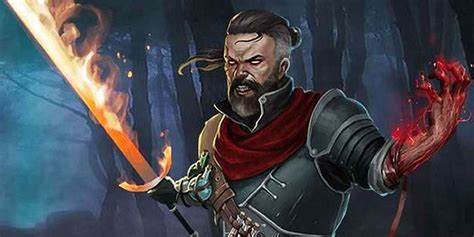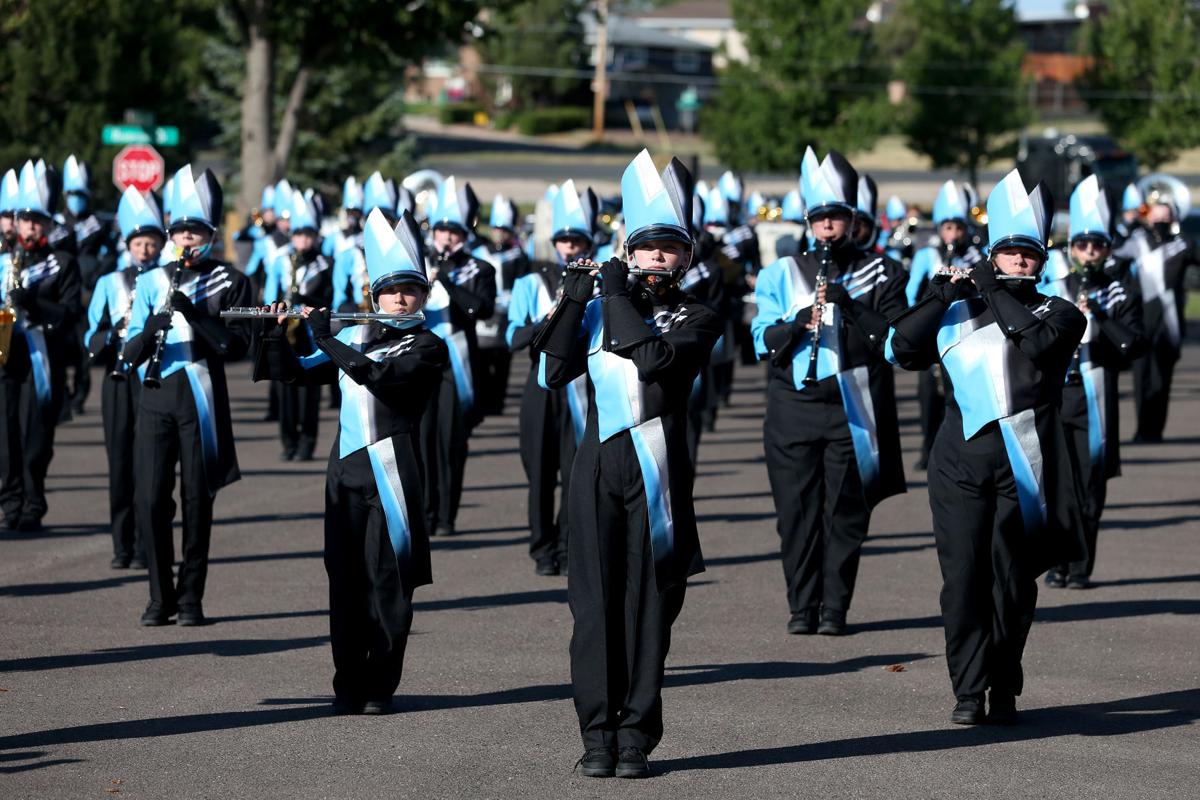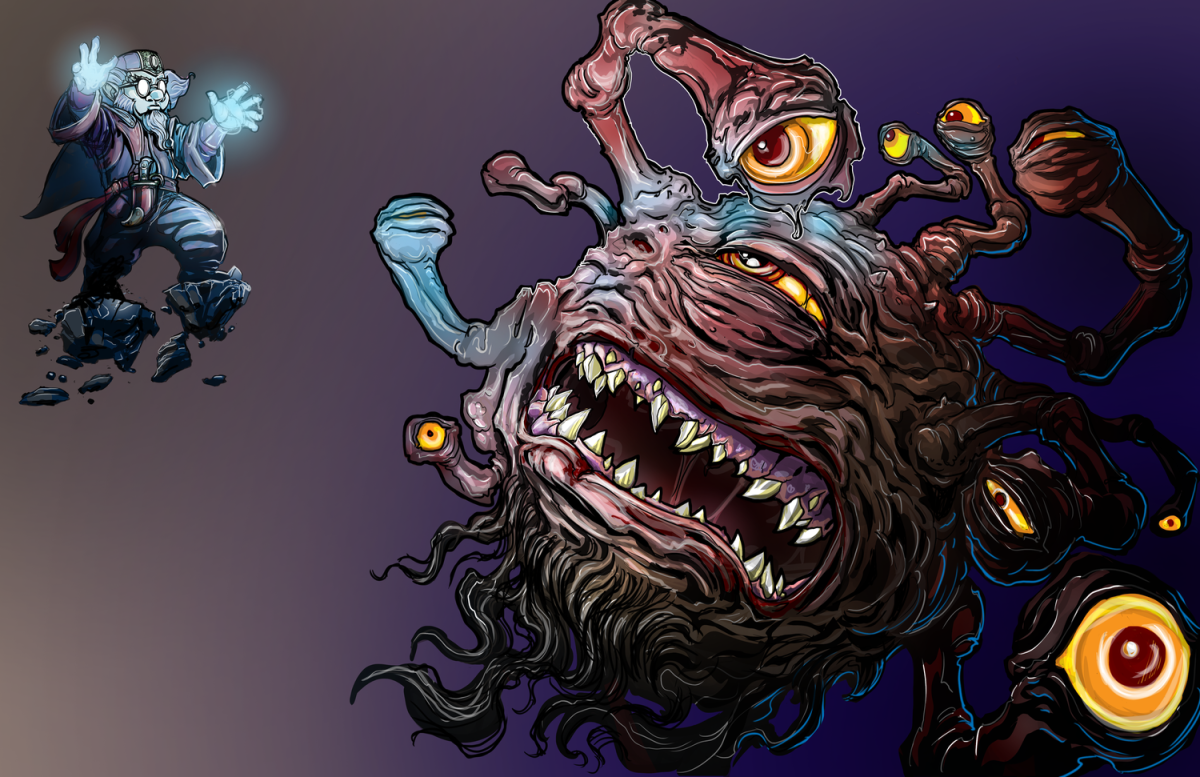The Blood Hunter is a unique and dark class in Dungeons & Dragons 5th Edition, created by Matthew Mercer of Critical Role. Blending martial prowess with dark, supernatural powers, Blood Hunters are monster-slaying warriors who channel their own blood to fuel arcane power. A perfect choice for players looking for a mysterious, powerful, and somewhat self-sacrificial character, this guide will walk you through creating and playing a Blood Hunter in D&D 5E.
What is a Blood Hunter in D&D 5E?
Blood Hunters are warriors who have taken an oath to hunt monsters and rid the world of supernatural threats. They wield hemocraft—a blood magic that allows them to enhance their attacks, place curses, and even transform themselves to gain monstrous power. This class offers a combination of melee and ranged abilities, along with spell-like powers that come at a cost to their own life force. Blood Hunters are ideal for players who enjoy high-risk, high-reward combat and want a character with a tragic or dark backstory.
Step-by-Step Guide to Creating a Blood Hunter
1. Choose Your Blood Hunter Order
The Blood Hunter’s subclass, known as an Order, determines your character’s path within this dark art. Each Order offers unique abilities and defines the role your Blood Hunter will play in combat. The Orders available include:
- Order of the Ghostslayer: These Blood Hunters are dedicated to combating the undead. They have abilities that enhance their damage against spirits and give them advantages in fighting incorporeal creatures, making them excellent ghost hunters.
- Order of the Lycan: Lycan Blood Hunters are shapeshifters who can transform into a werewolf-like hybrid form. This order offers increased physical power, speed, and resilience, but it also comes with the danger of losing control in combat.
- Order of the Mutant: These Blood Hunters use alchemical mutations to enhance their physical abilities. They can tailor their abilities to specific challenges with a range of “mutagens,” though each one comes with a drawback.
- Order of the Profane Soul: A hybrid spellcasting subclass, Profane Soul Blood Hunters have formed a pact with a dark power, similar to Warlocks. They gain limited spellcasting and abilities based on their chosen patron, making them a strong mix of martial and arcane power.
Each Order suits a different playstyle, so choose the one that aligns with your vision for your character. For example, Order of the Lycan is ideal for close-combat warriors, while Profane Soul offers versatility with spellcasting options.
2. Choose Your Race
Blood Hunters benefit from a few specific racial bonuses, particularly ones that enhance physical combat abilities, like Strength and Dexterity, or their spellcasting if playing a Profane Soul.
Good racial choices include:
- Variant Human: With a bonus feat at level 1, humans offer incredible customization for building a Blood Hunter who excels in combat or survival.
- Half-Orc: Perfect for those who want to focus on Strength, Half-Orcs also get Relentless Endurance, which can save you when taking damage from your own blood magic.
- Elves (Drow or Wood Elf): Wood Elves gain a bonus to Dexterity and increased movement speed, which is excellent for fast, nimble Blood Hunters. Drow elves gain Charisma, which benefits Profane Soul, and they have unique spells like Darkness.
- Tiefling: Ideal for Profane Soul builds, Tieflings offer Charisma bonuses and inherent spells like Hellish Rebuke and Darkness, which synergize well with dark or infernal character themes.
3. Ability Scores and Skills
Blood Hunters need a high Dexterity or Strength, depending on whether they prefer finesse or brute strength in combat. Intelligence is also important, as it powers many of their hemocraft abilities.
A recommended ability score priority for most Blood Hunters would be:
- Dexterity (for finesse weapons and high armor class)
- Intelligence (for Hemocraft DC and certain abilities)
- Constitution (to withstand the self-inflicted damage of their abilities)
Key Skills:
- Survival: Perfect for monster tracking, navigating wilderness, and staying resilient.
- Investigation: A great choice if you’re on the hunt for clues related to supernatural threats.
- Athletics: Useful for Strength-based Blood Hunters, allowing you to grapple, climb, and engage in physical feats.
- Intimidation: Blood Hunters often have a dark and foreboding presence, so Intimidation aligns well with their brooding persona.
4. Hemocraft: The Blood Hunter’s Core Mechanic
Blood Hunters’ signature feature is Hemocraft, a form of blood magic that lets them imbue their weapons with elemental power or bind curses to their enemies. Hemocraft powers include:
- Blood Maledict: Allows you to curse an enemy to hamper their attacks, reduce their speed, or take additional damage from your attacks. You can amplify this ability for a stronger effect, but it comes at the cost of your own hit points.
- Crimson Rite: This ability allows you to sacrifice a small portion of your health to imbue your weapon with elemental energy (such as fire, ice, or lightning). Your weapon deals extra damage while the rite is active, which can be a powerful boost in combat.
Hemocraft Die: As you level up, your Hemocraft die increases in size, meaning your abilities grow more powerful. But amplifying these abilities can be risky, so consider your health and make sure you’re ready to take damage to enhance your attacks.
5. Fighting Style and Equipment
At 2nd level, Blood Hunters choose a Fighting Style, which can shape your character’s role in combat. Popular choices for Blood Hunters include:
- Two-Weapon Fighting: If you like dual-wielding, this style lets you add your ability modifier to the second attack.
- Archery: If you’re playing a ranged Profane Soul, Archery is an excellent choice, granting a bonus to ranged attack rolls.
- Great Weapon Fighting: Works best with Strength-based Blood Hunters who wield heavy weapons, allowing them to reroll low damage dice for consistent damage.
Blood Hunters can wear medium armor but may benefit from lighter armor if they prioritize Dexterity. Equip weapons that fit your playstyle: dual-wielding, using a bow, or wielding a two-handed sword for extra power.
6. Spells for Profane Soul Blood Hunters
If you’ve chosen the Order of the Profane Soul, you gain limited spellcasting similar to a Warlock. Depending on your chosen Patron, you gain spells that fit your theme and enhance your abilities.
Notable Spells:
- Hex: Adds damage to your attacks and imposes a disadvantage on one of your target’s abilities.
- Arms of Hadar: Great for dealing AoE damage in close quarters.
- Mirror Image: Adds a defensive edge, perfect for melee-focused Blood Hunters.
- Haste: Provides an extra attack and increased speed, ideal for chasing down foes.
Playing Your Blood Hunter: Role-Playing and Combat Strategy
1. Role-Playing Your Blood Hunter
Blood Hunters have a built-in narrative as dark and driven monster hunters. Here are a few questions to consider when role-playing:
- What drives you to hunt monsters? Revenge, duty, or a darker purpose?
- How do you feel about using blood magic? Is it a necessary evil or a burden you willingly bear?
- Do you have a connection with a particular monster? Perhaps you’re hunting a nemesis who wronged you or your family.
Work with your Dungeon Master (DM) to weave your Blood Hunter’s motivation into the campaign. Your character might have a code, an organization they’re bound to, or a vow they’ve sworn to uphold, adding depth to their quest.
2. Combat Strategy
Blood Hunters excel in close-range combat but can also fill ranged or hybrid roles. Here are some tips for optimizing your Blood Hunter in combat:
- Activate Crimson Rite Before Battle: If you know combat is coming, you can activate your Crimson Rite at the start of battle to avoid losing an action on your turn.
- Balance Amplifying Abilities with Health: Blood Hunters often sacrifice health to empower their abilities, so it’s essential to manage your hit points carefully. Don’t overextend if your health is low, especially in longer encounters.
- Use Blood Maledict Strategically: Amplified Blood Maledict abilities can greatly affect the battlefield, but they cost you health. Use them on priority targets or when you have a clear advantage to exploit.
- Use Hemocraft for Crowd Control: Many of your curses can slow, bind, or hamper enemies, making Blood Hunters great for controlling tough opponents. Use these abilities to focus on high-damage targets or dangerous spellcasters.
3. Rest Often to Recover
Blood Hunters are very reliant on their hit points, so encourage your party to take short rests. Be mindful of when to conserve your health and when to push for extra damage. Profane Soul Blood Hunters also regain spell slots on a short rest, so this can be a tactical advantage.
Conclusion
Blood Hunters are a powerful and flavor-rich class, ideal for players who want a mix of martial prowess, magic, and self-sacrifice. Whether you’re a fearsome werewolf fighting on the frontlines or a shadowy Profane Soul striking from a distance, the Blood Hunter class allows for deep customization and thrilling gameplay. Remember to balance your health carefully, choose your battles wisely, and embrace the dark powers that make you a formidable slayer of monsters in D&D 5E.











